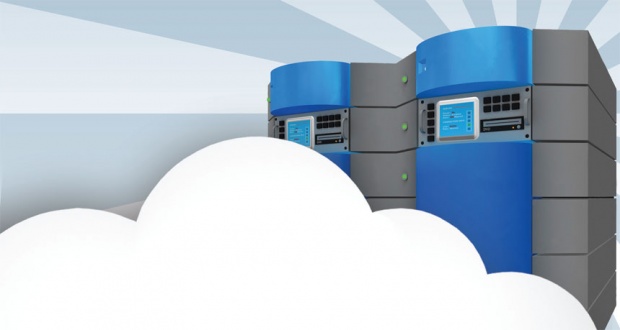The Era of Big Data
Translator
Editor
Kamis, 1 Januari 1970 07:00 WIB

TEMPO.CO, Jakarta - THE most valuable resource around now is actually no longer oil or any other natural sources, but rather data. Indonesian companies, the government, and the public ought to realize that.
In the midst of this digital-based industrial revolution, every business opportunity can now be detected and predicted through processing information on trends, consumer behavior and profiles, as well as from a range of other data, often referred to as ¡®big data¡¯. The availability of, and opportunities to make, profits can even be created through its accurate analysis.
Big data is not just statistics. It is a range of data and behaviors collected from Internet users, accessed from computers or smartphones. Whenever someone accesses a Google or Waze map, Google’s smart machines will record that user’s habits: where they are going to, when they go, and other information. It is not surprising, then, that Google and Waze maps can estimate which roads have very heavy traffic or not. Whenever someone surfs in cyberspace, Facebook and Google’s big data engines record the sites they frequently visit, the news they like, and their favorite holiday destinations.
Whenever someone uses the Go-Jek application, for example, that company’s big data engine records information so it can then predict what snacks in a particular area-for instance South Jakarta-are most ordered at weekends, say martabak or fried bananas. If Go-Jek wants to, it could also estimate the increased demand for flour and margarine for martabaks every weekend.
Scary? Hold on: consider all the big data Facebook has. Facebook Indonesia, with its 115 million users in 2017, may well have more complete data about those users than the Ministry of Home Affairs. It knows where someone went to school, where they work, their mobile phone number, and even their political affiliations just from analyzing the news often shared on their Facebook pages.
We need not then be surprised if the expansion of industry titans like Alphabet (the parent company of Google), Facebook, Microsoft, and Alibaba appear to be unstoppable. They are able to read trends in consumers’ needs, then either form a new company or acquire one to meet those needs. This is what convinced Alibaba.com website founder Jack Ma that the data business will be the biggest one in future. His company expanded into Indonesia through the many businesses now utilizing big data here, such as Indonesia’s top online shopping sites Lazada and Tokopedia. Indonesian companies must not get left behind in adopting this technology. There are 132 million active Internet users in Indonesia.
It is very important that the government is not too hasty in regulating the use of big data. It should not just arbitrarily prohibit it, as it did with regulating online taxis. It is enough for the government to remain as a referee of the business players.
Companies’ use of big data must also be done with respect for the rights of their customers. Consumers’ privacy should not be abused. Apple Inc demonstrated its dedication to this: the US-based company refused requests from the Federal Bureau of Investigation (FBI) in 2016 to access Apple’s data of users the Bureau considered had violated the law.
The public, too, must be aware that all their activities are recorded in big data. This is the price we must pay for convenience in this digital industrial revolution era. All our information and activities are recorded whenever we use Internet-based gadgets. Welcome to the big data era, and welcome to the information tsunami.
Read the full article in this week's edition of Tempo English Magazine



















